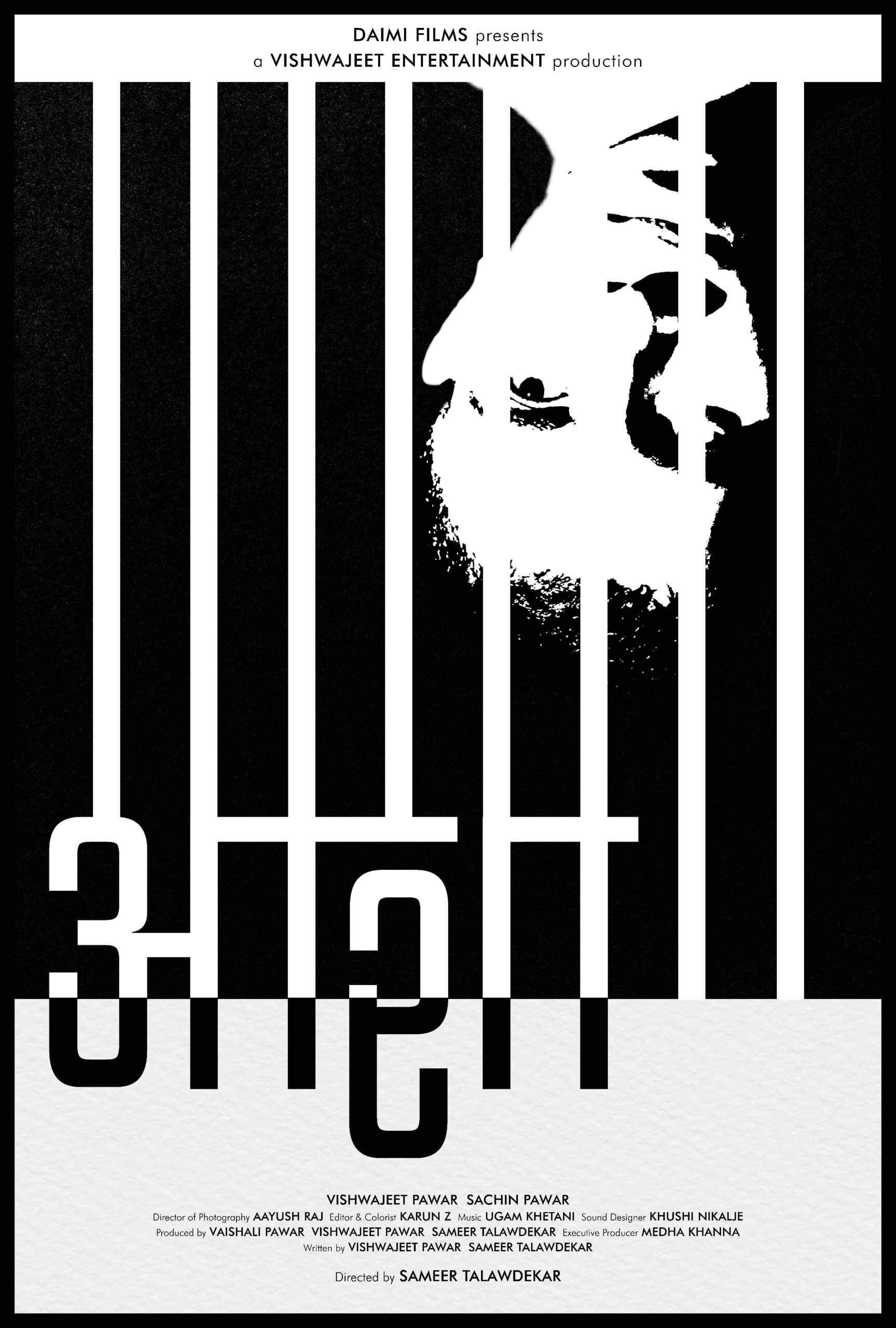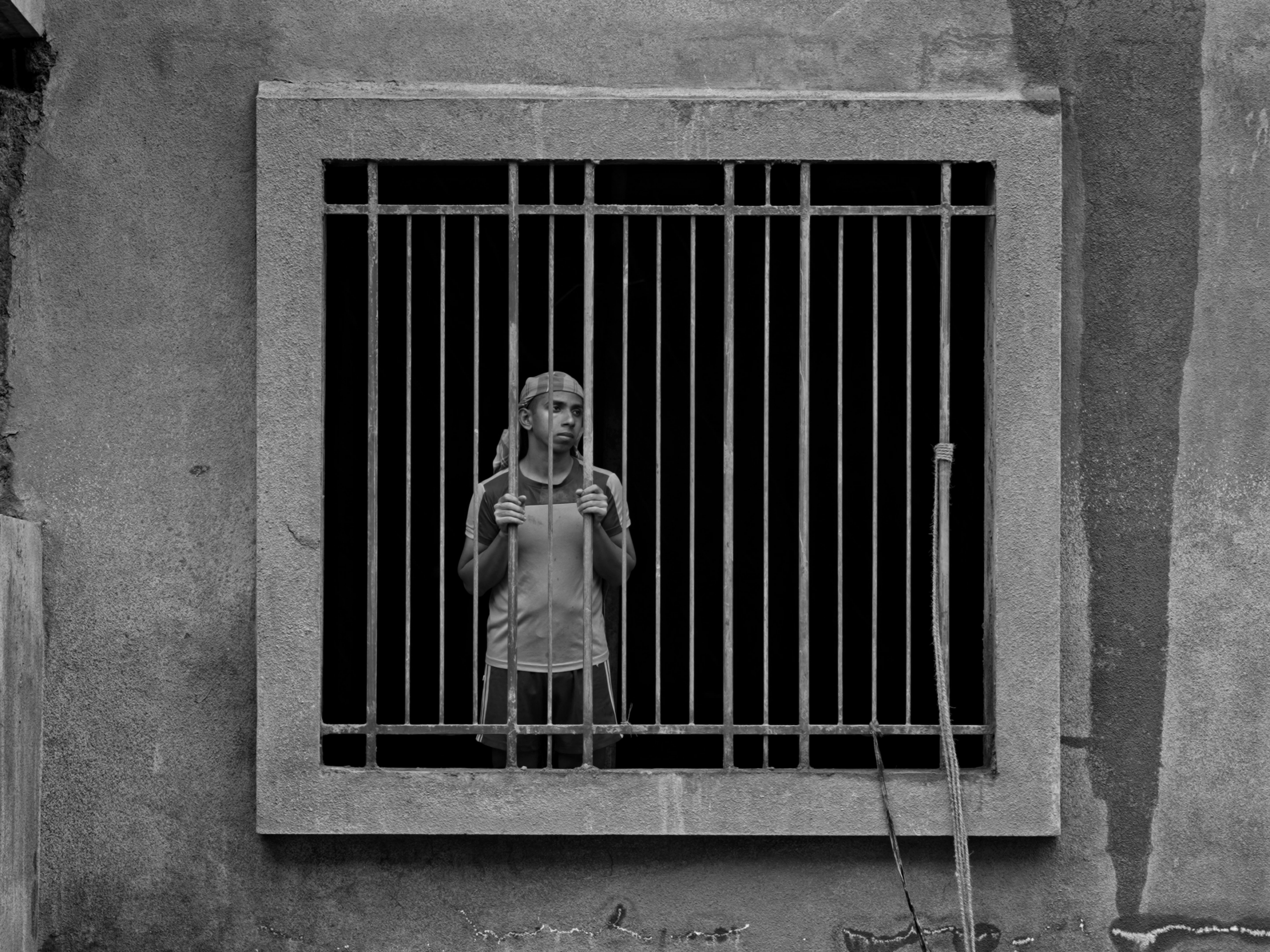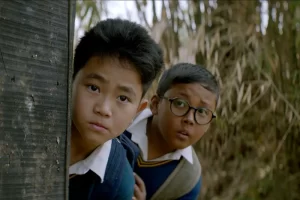
Image Credit @ Vishwajeet Entertainment
In a world where short films often try to compress big ideas into tight, digestible chunks, Sameer Talawdekar’s Aasha stands out as a remarkable example of emotional depth and artistic restraint. Clocking in at just 13 minutes, Aasha tells a story that hits hard, leaving the viewer with a lasting impact that lingers long after the credits roll. Without a single word of dialogue, the film speaks volumes, deftly capturing the harsh realities of socio-economic disparity and the crushing weight of unfulfilled desire.
Aasha has already garnered critical acclaim on the domestic stage. It was selected at the Durgapur International Film Festival 2024, where it was nominated for Best Actor Male and Best Short Film and went on to win the award for Best Short Film Critics’ Choice. The film has also been selected for the Jaipur International Film Festival 2025 and is set to appear in upcoming events like the Chambal International Film Festival 2025 and the Ahmedabad International Film Festival. So, without further ado, let us get down to our spoiler-free review for Aasha.
Aasha: A Tale of Desire, Disparity, and False Hope

HOC Rating – ★★★★1/2
The title of the film itself, Aasha (which means “hope” in Hindi), sets the tone for what promises to be an exploration of aspiration and the inevitable heartbreak that often accompanies it. The story centers around a young construction worker, likely between 16-18 years old, living in poverty with his mother and father in a humble cottage. The film takes an intimate, almost voyeuristic look at this young man’s life. His desire is simple: a pair of sandals, like the ones worn by his two friends in a picture he holds dear. His desire is symbolic, not just of materialism but of the social gap between him and his peers.
What makes Aasha truly remarkable is its restraint. It avoids melodrama and instead opts for subtlety, allowing the audience to connect with the characters through their struggles, gestures, and quiet moments of resilience. Vishwajeet Pawar’s performance perfectly encapsulates the protagonist’s struggles making the audience empathise with him and form some kind of unseen bond within the short runtime of the film. The cinematography captures the harsh realities of life perfectly, as every frame becomes a testament to Talawdekar’s keen eye for detail and his ability to weave a rich emotional tapestry. While the film doesn’t have a background score for majority of its runtime, it kicks off near the climax. I can understand how the score might have been added to resonate more with the audience but it would probably have worked even more impactfully without any score at all.

So, as a piece of art, Aasha is nearly flawless. However, my personal takeaway from the film is a complex one. While Sameer Talawdekar’s artistic vision and storytelling are masterful, the film leaves a bitter aftertaste, stripped of the hope that it promises in its title. It is possible that Sameer, much like the protagonist, seems to view life through a pessimistic lens, believing that the world is harsh, and that the pursuit of goodness and honor is often futile in the face of overwhelming adversity.
While I can understand and relate to this perspective, my own philosophy is that hope—however cruel it may be at times—is what keeps us going. Aasha strips this away, leaving the viewer with the harshness of the boy’s world, and that’s where the film, while poignant, challenges me and what I stand for. In a way, Aasha represents the raw, unfiltered truth of life’s struggles, but it doesn’t offer the catharsis of hope or the promise of something better beyond the pain. Sameer’s pessimism shines through, and while it serves the film’s narrative masterfully, it’s not an outlook that resonates with me.

But keeping my personal philosophy aside, Aasha remains a stunning debut showcasing Sameer Talawdekar’s immense talent as a filmmaker. There is no doubt that he is destined for great things in the world of cinema. If there’s one thing I’d say, it would be to add some more color and hope in his films as well as his philosophy. Hope, after all, is a very sweet (if often cruel) drug — and in my head, Aasha can also be viewed as a poignant reminder of what we become in its absence. Anyway, many congratulations to Talawdekar on this remarkable achievement—Aasha is a testament to the power of cinema to move, challenge, and inspire, and we eagerly await what he creates next.
If you have any questions regarding Aasha, feel free to ask in the comments below. For more content, stay tuned. As usual, like, subscribe and share our articles as we here are trying to build a community of people High on Cinema!






